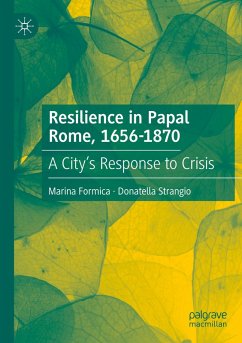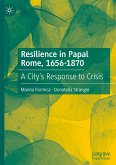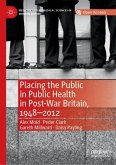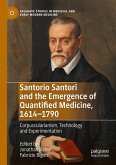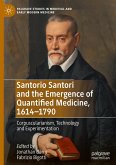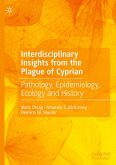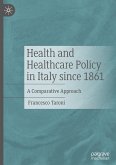This book analyses the evolution of the city of Rome, in particular, papal Rome, from the plague of 1656 until 1870 when it became the capital of the Kingdom of Italy. The authors explore papal Rome as a resilient city that had to cope with numerous crises during this period. By focusing on a selection of different crises in Rome, the book combines cultural, political, and economic history to examine key turning points in the city's history. The book is split into chapters exploring themes such as diplomacy and international relations, disease, environmental disasters, famine, public debt, and unravels the political, economic, and social consequences of these transformative events. All the chapters are based on untapped original sources, chiefly from the State Archive in Rome, the Vatican Archives, the Rome Municipal Archives, the École Française Library, the National Library, and the Capitoline Library.
Bitte wählen Sie Ihr Anliegen aus.
Rechnungen
Retourenschein anfordern
Bestellstatus
Storno

